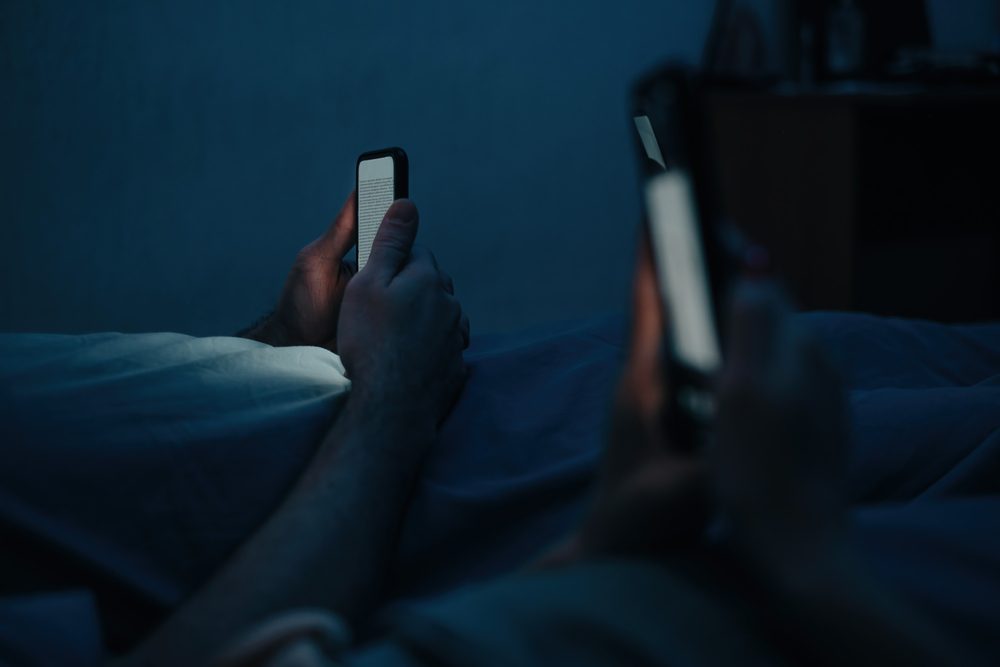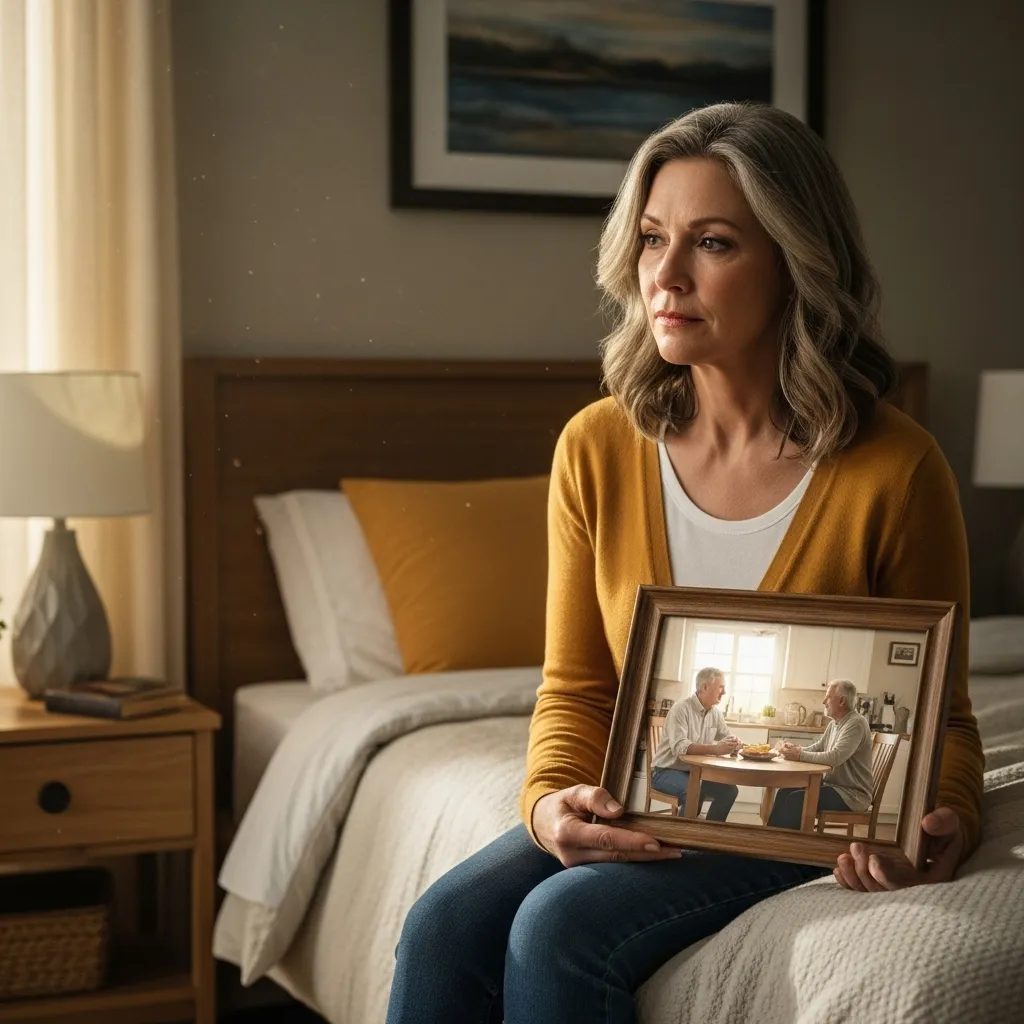
#3 Reduce Screen Time and Phone Use
For many individuals, using computers, smartphones, and tablets in daily life is unavoidable. Despite the fact that these tools are frequently useful, overuse of them can lead to stress. Heavy smartphone use and “iPhone addiction” have been linked in a variety of studies to higher levels of anxiety and mental health issues.
In general, excessive screen usage is linked to decreased psychological well-being and higher levels of stress in both adults and children. Additionally, screen usage may have a detrimental impact on sleep, which might result in greater stress.
You might find that setting some digital boundaries might help to lessen the anxiety brought on by your phone addiction. As an example, don’t check your phone an hour before you go to bed.
Additionally, avoid placing your phone on the nightstand so that this is not the first thing you reach for when you wake up. Keep track of how much you use each day to help you be conscious of what you are doing when using the phone. You can usually verify this information in the settings of your phone or by using an app like Digitox or Space.














3 Responses
Good Stuff – I am a Senior Fitness Specialist, and will
be teaching a Yoga class this morning – will bring up
some of this info – Thanks, Karen
Week end get a ways, meditation , tai chi, playing guitar are also some stress reducing strategies….
Wow! I did not know about how crippling anxiety could be. This info is great.